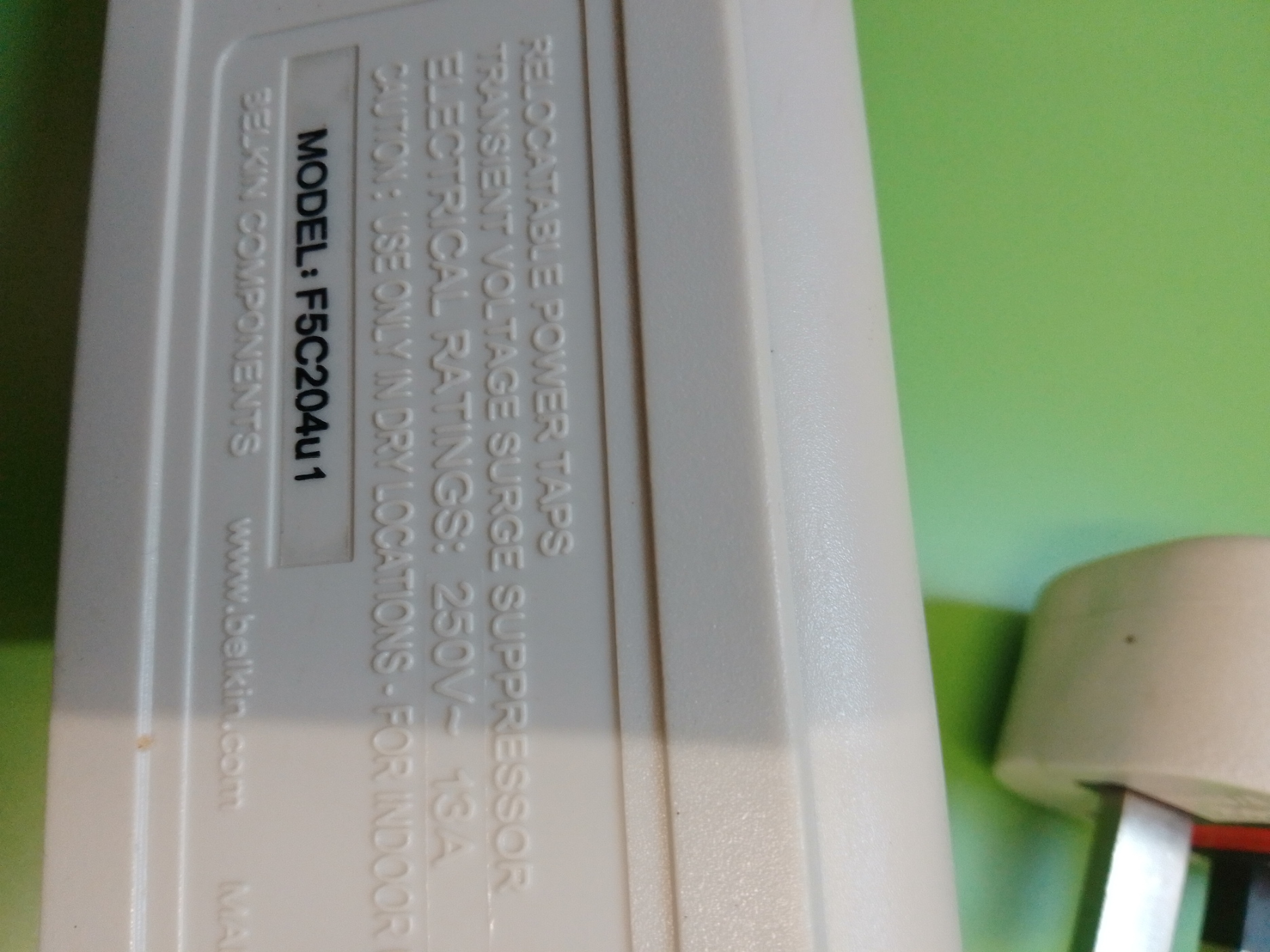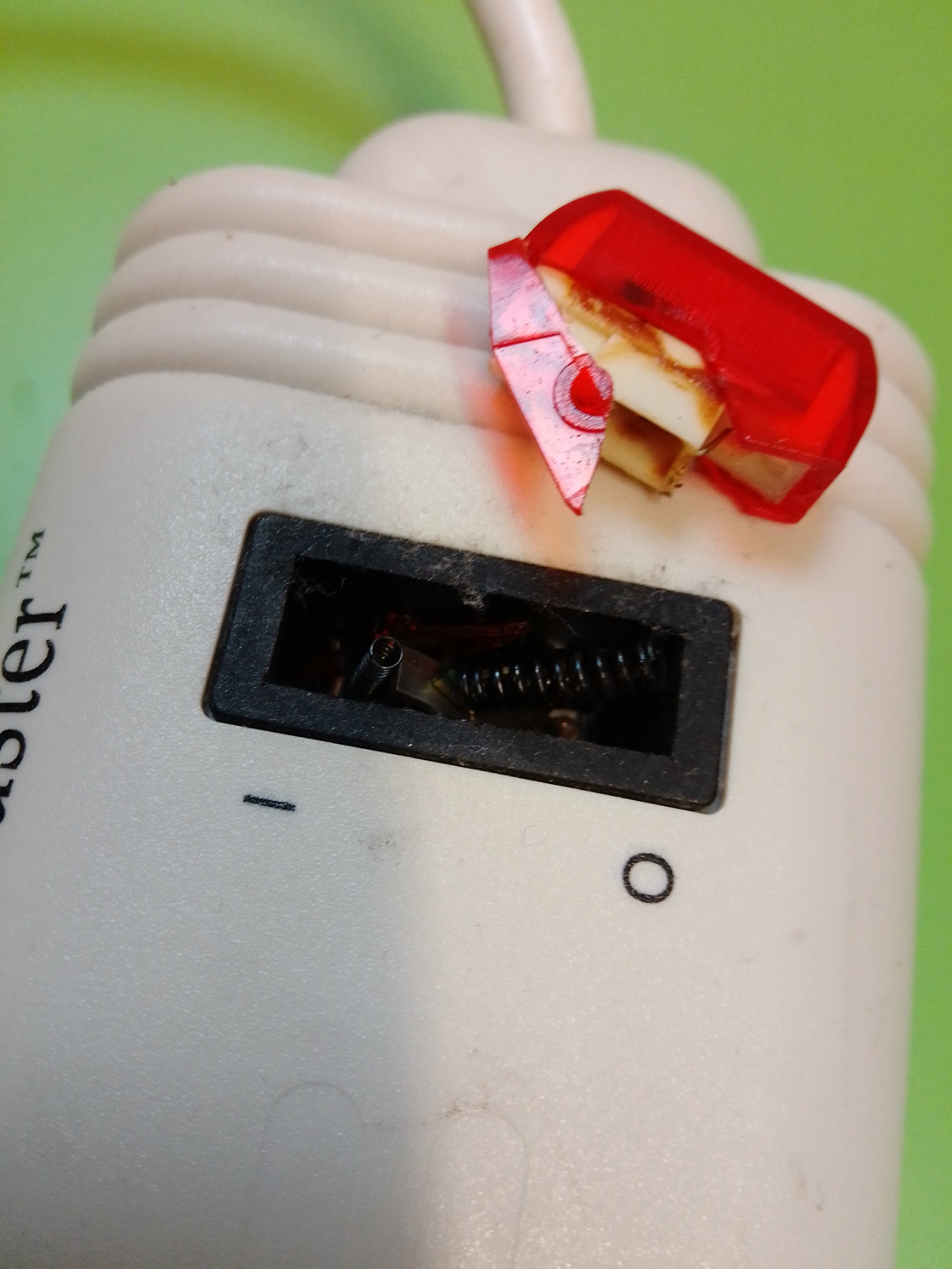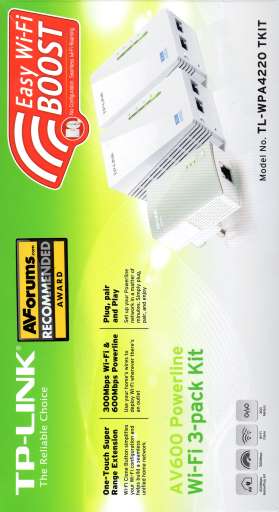On a Dell Inspiron Desktop Tower PC running Windows 10 Home 64bit, recently upgraded from Windows 7 Home Premium – there was a very odd problem with Google’s Chrome Browser.
Firstly the version was rather elderly 58.58.3029.110 and wasn’t auto-upgrading, secondly no link for uninstalling was viewable in Control Panel or Settings:Apps. All attempts to run the online installer made no difference. Manually deleting the installation folders and Registry entries would be ‘magically’ reversed if any installer (even later versions) was run or existing link was activated.
Working on the guess that this was an ‘enterprise’ issue – running the latest Chrome Browser for Enterprise MSI (installer – scroll down past the bundles) restored an Uninstall link.
 Uninstalling using this link seemed to work – but any installer would still produce the ‘magical’ reversion described above.
Uninstalling using this link seemed to work – but any installer would still produce the ‘magical’ reversion described above.
Using the Offline Chrome Installer (or 32 bit) from a different Local Administrator Account temporarily resolved the issue but the ‘magical’ reversion eventually returned.
Googling revealed a few other similar cases, at least one user being ridiculed on a support forum! After yet another reversion I started to examine the individual processes in Task Manager and discovered (using Open file location) they were bogus entries running from outside the Chrome Installation folders, also realized that they were named Chrome (32 bit) unlike the genuine version.
So this is a Virus which enforces the use of an old Browser version for its own purposes – which I could not deduce. There were at least two bogus folders in Program Files of a similar nature. I had tried at least two AV scanners before finding the culprit.






 Uninstalling using this link seemed to work – but any installer would still produce the ‘magical’ reversion described above.
Uninstalling using this link seemed to work – but any installer would still produce the ‘magical’ reversion described above.